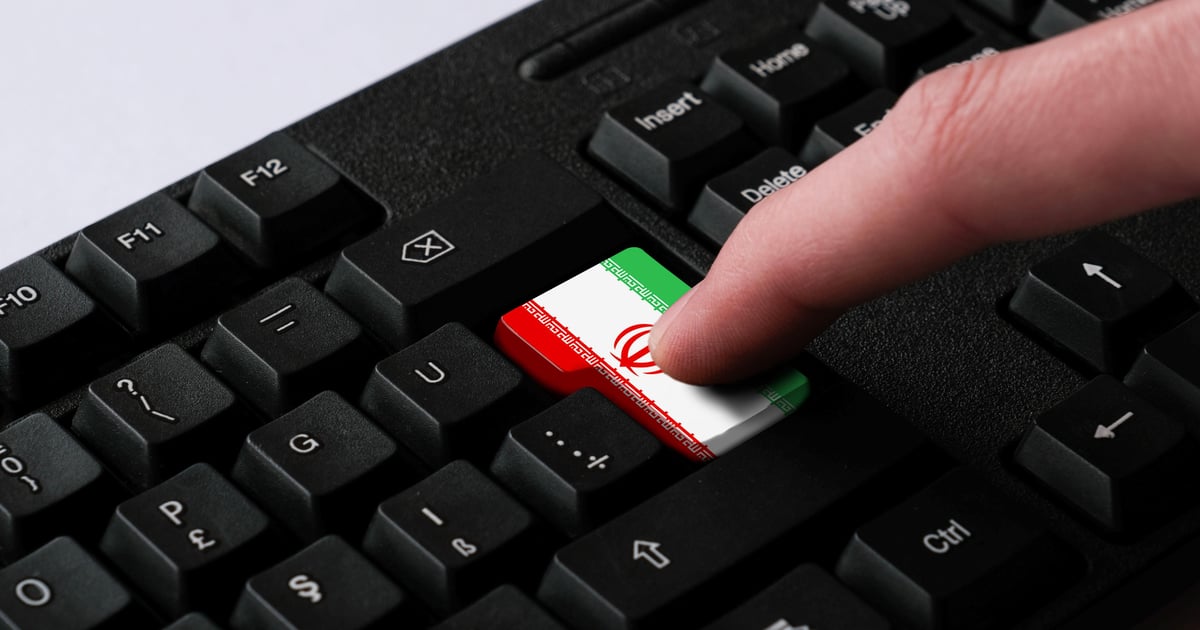
September 30, 2024 at 04:48PM
The US Justice Department has charged three members of Iran’s Islamic Revolutionary Guard Corps with running a cyber campaign to impact the upcoming US presidential election. They are accused of conducting hacks against political campaigns, officials, and media members. The attackers used spear-phishing techniques targeting senior government officials and journalists, attempting to capture their credentials.
From the meeting notes provided, the key points are as follows:
– The US Justice Department has charged three members of Iran’s Islamic Revolutionary Guard Corps with running a cyber campaign to target the US presidential election and conducting hacks against political campaigns, US officials, NGOs, and media members.
– The individuals have been charged with conspiracy to commit identity theft, unauthorized access to computers, access device fraud, and wire fraud. This activity aims to erode confidence in the US electoral process and unlawfully acquire information relating to current and former US officials for IRGC’s malign activities.
– The attackers focused on compromising accounts of former US government officials and later shifted their focus to targeting campaign officials. They engaged in a “hack-and-leak” operation to weaponize stolen materials from a US presidential campaign.
– The FBI Director has condemned Iran’s behavior and issued a message to the government of Iran, emphasizing that they and their hackers cannot hide behind keyboards.
– The DoJ and Department of State have issued a reward of up to $10 million for information leading to the identification or location of any foreign person or entity engaging in interference in US elections.
– The joint warning with the UK’s National Cyber Security Centre highlighted the continued malicious cyberactivity by threat actors working on behalf of the Iranian government, particularly spear-phishing targeting senior government officials, journalists, activists, and lobbyists.
– The threat actors use social engineering messages tailored to the individual, including impersonating family members or professional contacts. They trick victims into accessing malicious documents and capturing credentials, prompting two-factor authentication codes or interactions with phone notifications.
– Individuals are advised to be suspicious of unsolicited contact from unknown individuals, unsolicited file-sharing requests, or attempts to share links.
These are the main takeaways for the meeting notes provided. Let me know if you need any further information or clarification.